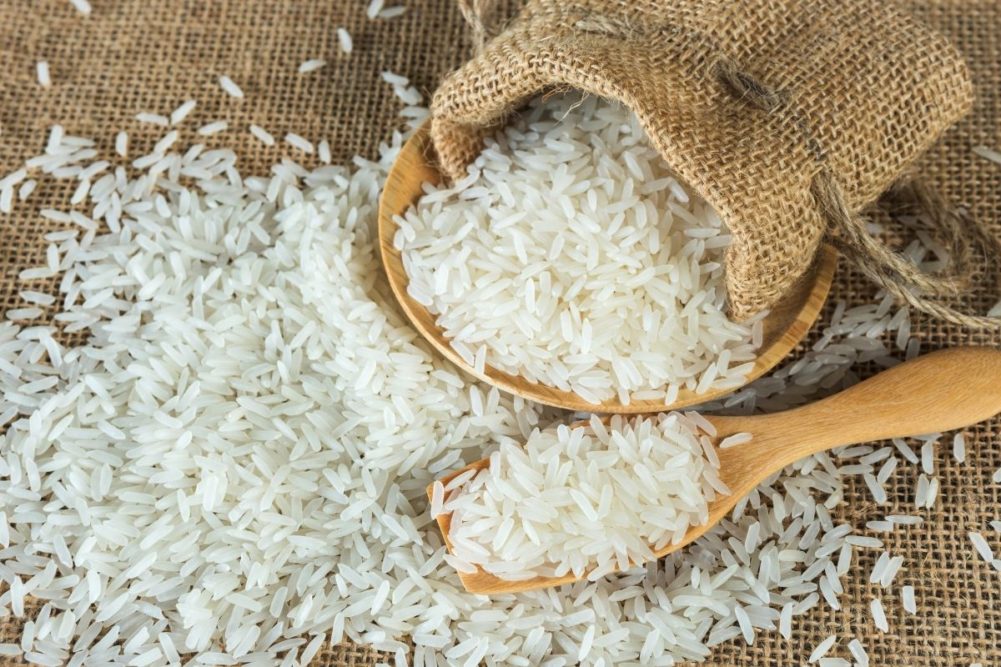NEW DELHI, INDIA — The Indian government will resume non-basmati white rice exports with a minimum floor price of $490 per tonne, ending a ban that started in July 2023.
In the last several weeks, the government has gradually eased restrictions on premium, aromatic basmati and parboiled varieties. It eliminated the minimum floor price for basmati rice exports as well as the previous export tariff of 20% on non-basmati and basmati exports and the export tariff on parboiled rice was cut in half to 10%.
India’s local rice supplies have increased since the export ban, and a record rice harvest is expected. Earlier this summer, rice stocks were estimated at 50.5 million tonnes, nearly four times above the government’s annual procurement requirement, said USA Rice.
“Global rice prices soared to their highest level in more than 15 years following India’s export ban last year as they cited concerns over domestic supplies despite tens of millions of tonnes in government stocks. We have been waiting for this announcement and have already seen global rice prices dip to stay competitive,” said Bobby Hanks, Louisiana rice miller and chair of the USA Rice International Trade Policy Committee. “We’ve seen this before where similar action taken caused global prices to rocket up only to crash once India released its stocks. The world market is bracing for the cycle to once again repeat itself. While the cycle isn’t new, India is now the largest global rice trader, so its affect will certainly be felt.”
Prior to the export ban last year, there were instances where India’s non-basmati prices were as low as $350 per tonne, however, both the former and the now minimum floor prices in India contrast significantly with US market-driven prices because of India’s heavy subsidies and artificial market factors, USA Rice said.
This move to reopen the export market likely will have a lesser impact than initially expected, because over the last year, the Indian government conducted dozens of government-to-government arrangements for exports to developing countries in the name of "food security and with zero price transparency, USA Rice said.
“India continues to push for permanent protections for their public stockholding schemes in the name of food security to avoid a World Trade Organization dispute, including blocking meaningful progress to the agriculture text earlier this year,” Hanks said. “This erratic behavior proves that their current scheme continues to promote the use of market-manipulating price support and contributes to global food insecurity for the most vulnerable. One sliver of hope is that the US government can use this data point to hold India accountable at the WTO.”





